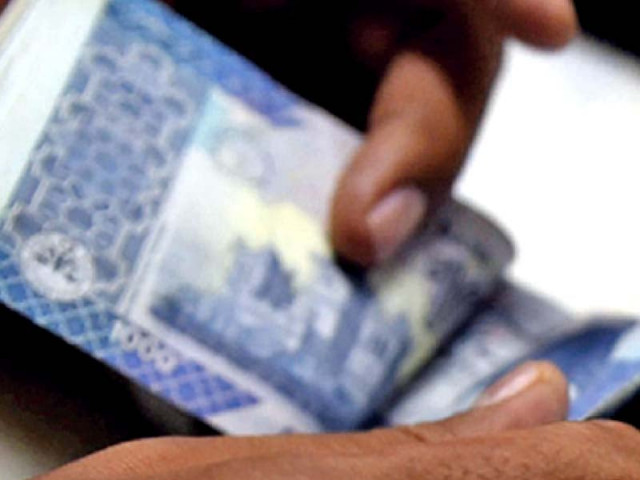Pakistan lacks research on household debt
Experts term it critical for evidence-based policies and decision-making

Research on household debt and indebtedness in Pakistan can play a critical role in envisaging evidence-based policies and decision-making.
These were the views of experts from the financial and economic sectors at a webinar and the launch of a study titled “Household debt and indebtedness in Pakistan: estimates and implications”, organised by the Sustainable Development Policy Institute (SDPI) on Tuesday.
Commenting on the study, former Planning Commission Federal SDGs Unit economic policy adviser Ali Kemal said that repaying debt in Pakistan had always been a pertinent issue.
He highlighted that a higher incidence of borrowing in Khyber-Pakhtunkhwa (K-P), as indicated in the report, might suggest a better social capital in the province. In view of the relation between poverty and indebtedness, a detailed study on the issue was the need of the hour for evidence-based policies, he added.
Also speaking on the occasion, SDPI research fellow Dr Sajid Amin explained that in Pakistan the literature on household debt and indebtedness was non-existent and there was no data on the size of household debt and indebtedness.
Presenting findings of his study, he told the audience that one-fifth of the households in Pakistan were in debt in 2018-19, adding that in K-P, more than half of the population was under debt.
The poorest 20% of society borrows 2.45 times more than the richest 20%. He suggested that the Benazir Income Support Programme (BISP), particularly the Ehsaas programme, must design targeted interventions for the poorest households, which were trapped in debt.
“The annual size of household debt in Pakistan over the last 20 years has increased more than nine times, from Rs62 billion in 1988 to Rs601 billion in 2018,” he added.
The SDPI official suggested that the State Bank of Pakistan (SBP) must integrate data on household indebtedness into its database and that financial inclusion strategy of the bank must introduce debt literacy to promote responsible borrowing.
Besides, he said, the impact of informal borrowing on effectiveness of the monetary policy, inequality and poverty needed to be explored. SBP Monetary Policy Department Additional Director Fida Hussain termed the study as a first in-depth research on household debt and indebtedness in the country.
He stressed that the study would help policymakers cater to all aspects of household debt, particularly indebtedness. He added that digitisation of financial services would provide an opportunity to expand and enhance financial inclusion for the people.
Published in The Express Tribune, February 17th, 2021.
Like Business on Facebook, follow @TribuneBiz on Twitter to stay informed and join in the conversation.





1733130350-0/Untitled-design-(76)1733130350-0-208x130.webp)











COMMENTS
Comments are moderated and generally will be posted if they are on-topic and not abusive.
For more information, please see our Comments FAQ